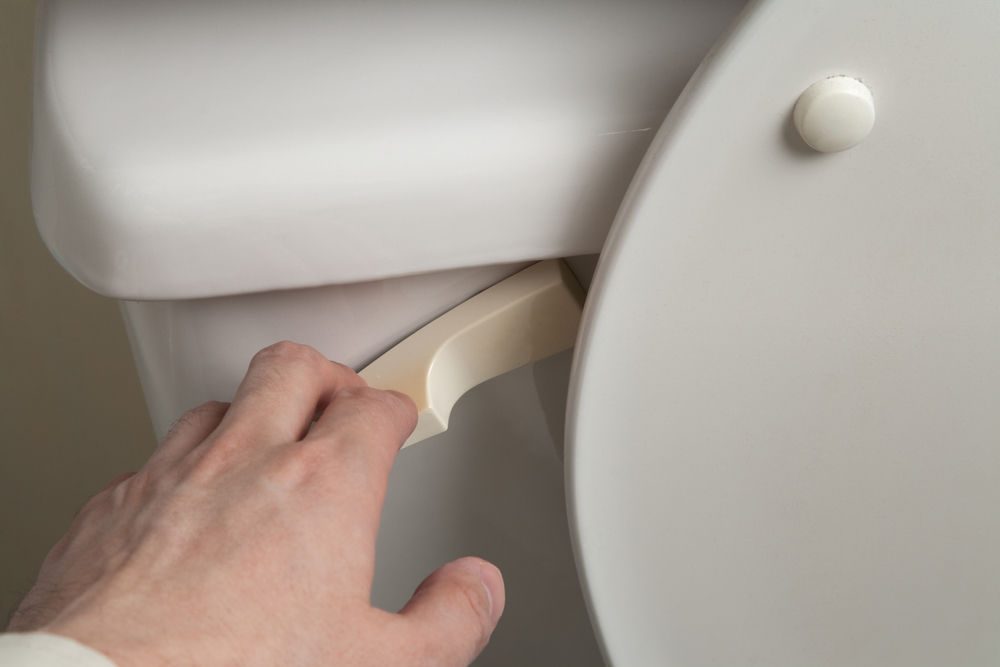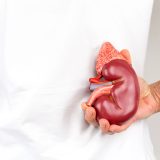

During normal body functions, urine production slows at night, allowing us to sleep for 6-8 hours without interruption. However, there are many things that can interfere.
Causes of Frequent Urination at Night
Causes of frequent night urination can include bladder or urinary tract infections (UTI), kidney infections, consumption of alcohol or caffeine before bed, kidney problems, diabetes, heart conditions, tumors, bladder cancer, and certain medications including diuretics. Overactive bladder syndrome is a condition indicated by the need to urinate more than eight times per day and two times during the night. Pregnancy in women can result in frequent urination at all times of the day, and enlarged prostate (BPH) is a frequent problem in middle aged and older men.
A reduction in fluid intake late in the day and changing the times you take medications – such as diuretics – may resolve the problem. To determine if this solution is working, keep track of your nightly bathroom visits, along with consumption of fluids in the evenings and medications you may be taking. If the problem persists, or you encounter any of the following problems, visit your physician:
- Difficulty initiating urination – Men over 45 should be aware of the signs of an enlarged prostate (BPH) and visit their doctor if they experience signs of this condition. These include difficulty initiating a urine stream or a weak urine stream, along with frequent urination.
- Thirst – Increased thirst in combination with frequent urination is a common sign of diabetes.
- Pain – Pain during urination or low back pain may be a sign of bladder or urinary tract infection (UTI). Low back pain may also indicate kidney problems and should never be ignored.
- Fever – Unexplained fever along with increased urination is also a sign of infection.
- Bloody or cloudy urine – Bloody or cloudy urine may be a sign of an infection, but could also be a sign of something much more serious, such as a tumor or bladder cancer.
- Medications – If you have begun taking a new medication around the same time you have begun having problems with frequent urination, these two things may be connected. Speak with the doctor who prescribed the medications to see if they are related and what can be done to rectify this.
The need to make the trek to the bathroom multiple times throughout the night is more than annoying; it could be the sign of a serious health condition. If you are experiencing frequent night urination and it is not resolving by managing fluid consumption and altering the times you take relevant medications – or you are experiencing any of the above symptoms – see your physician about the problem.





This article neglected to mention Sleep Apnea, which can also cause frequent urination at night. Especially for those who live alone, and therefore don’t have anyone to report on other symptoms of sleep apnea, such as snoring or the fact that you stop breathing, it’s important to report frequent night urination to your physician, who can refer you for a sleep test.